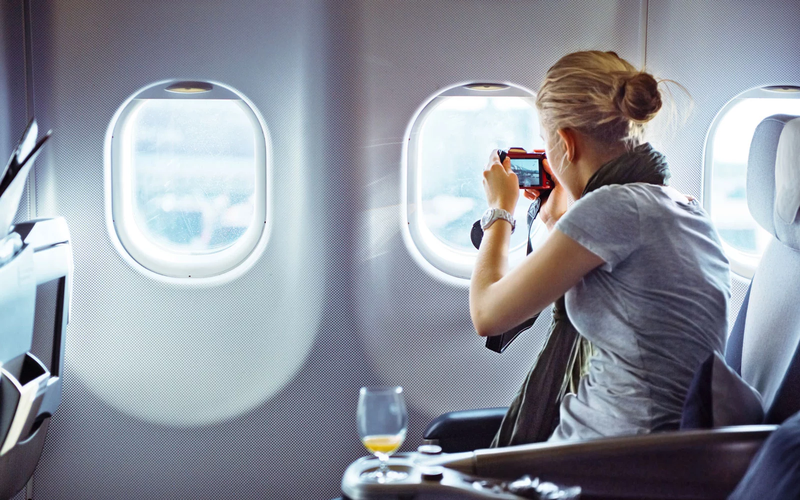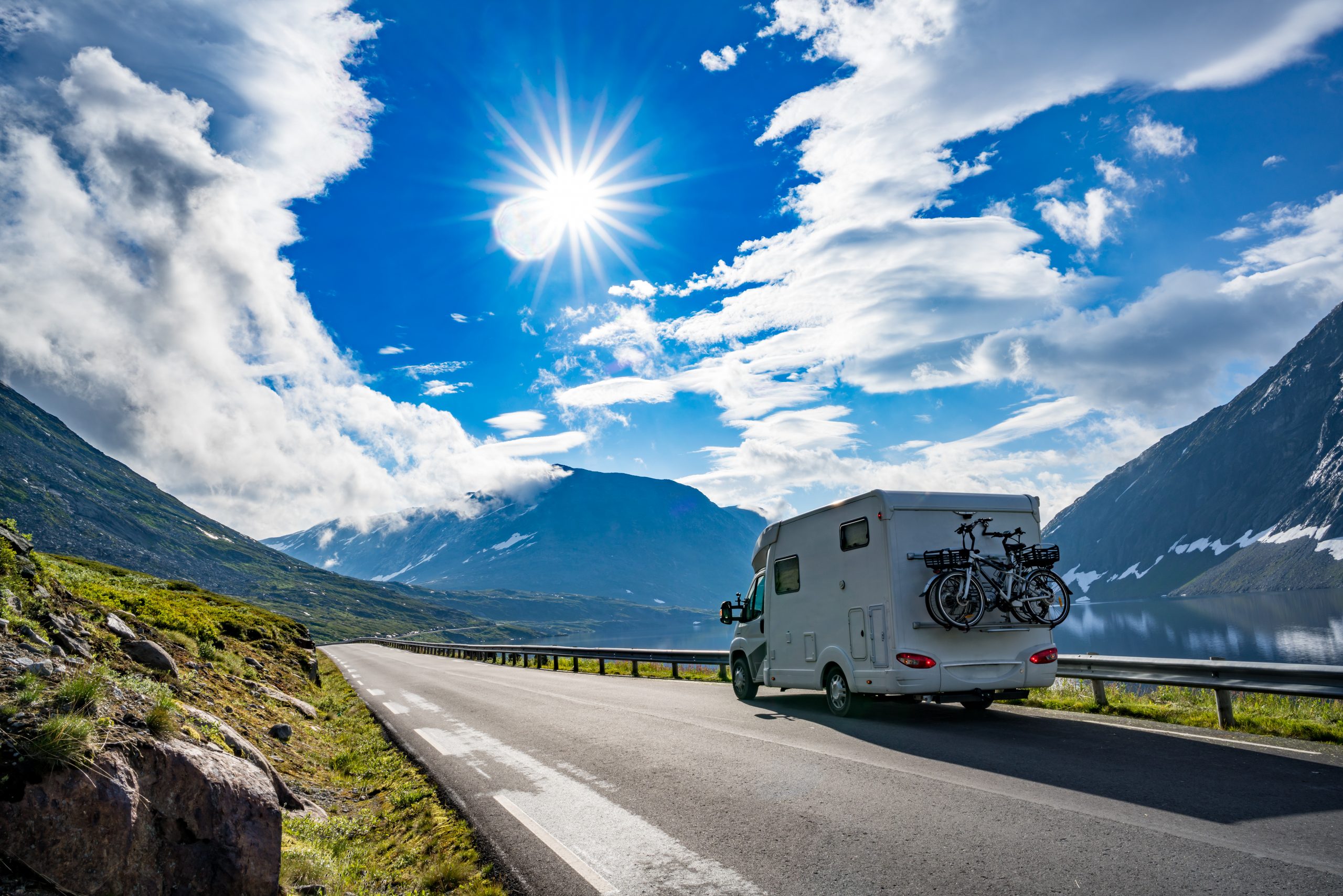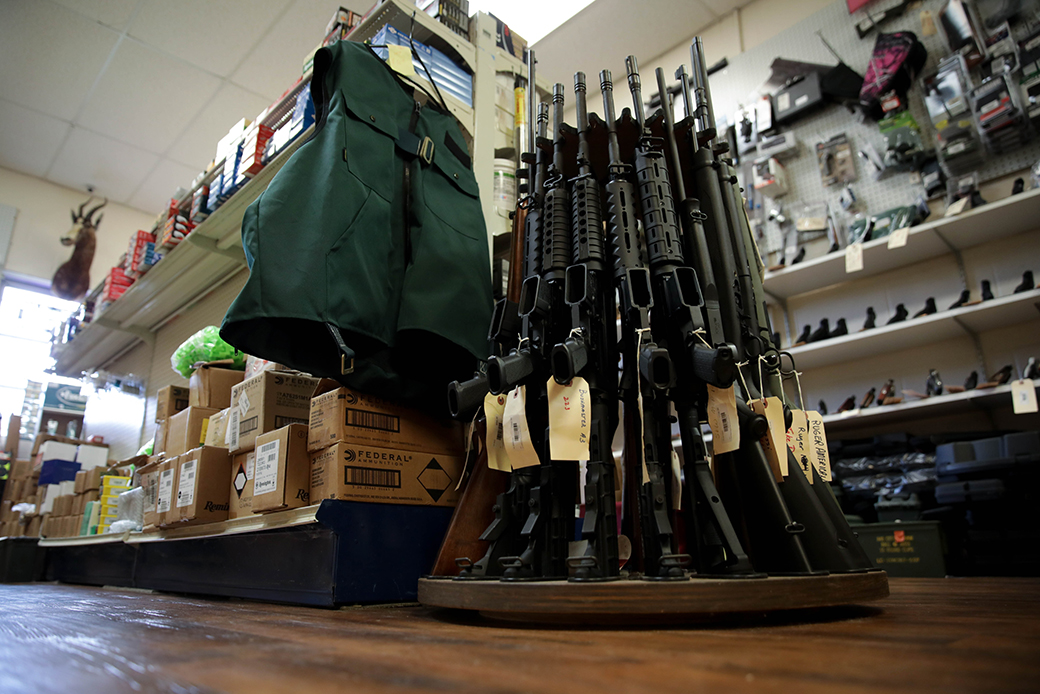Choosing a unique backpacking destination is one of the most usual problems to face. But, some places easily get into our heads because of the place’s attraction and travel story. The land of Thunder Dragon, Bhutan is such a dream destination that fulfills all our desires.
It is such a shrine place with less than one million populations, where time is standstill, and mountain’s supremacy is visible. The innumerable mythological and age-old temples, fortresses, & monasteries, vivid landscapes, vast forest, high-altitude trekking paths, gorgeous festivals, authentic spicy and savory dishes, and peaceful people represent Bhutan not just as a travel destination but also a paradise.
Happiness is the primary key to tourism in Bhutan. Bhutan is the only country across the World keeping a proper assessment of Gross National Happiness (GNH), indicating its richness.
If this amazing Himalayan kingdom is the destination you want to visit in your lifetime, then forget everything and set out for a remarkable experience!
How much it costs to travel to Bhutan?
You’ll also pay different amounts of money per day depending on the season you visit Bhutan.
You might think that Bhutan remains one of the most costly traveling destinations, but it is not the case. With proper preplans and research, you can make it a budget trip.
- The Government has set for visitors of Bhutan minimum fees of USD 200 daily per person further the sea(June to August and December to February). This goes up to $250 daily per person in the high season (March to May & September to November). Anybody can spend higher than this if choosing to raise costs of meal and accommodation. The costs mentioned above are applicable for a group size of at least 3 people. The cost will increase for a luxurious private trip.
- If you’re a solo traveler, add an extra cost of $40 daily.
- Students and children between 5 to 12 yrs and large groups can avail some sort of discounts.
- The cost of $200-$250 daily per person is not applicable for those traveling from neighboring countries like India, Bangladesh, and the Maldives. Citizens of all these countries have to pay as low as $25 separately per day.
What are the top expenses to consider in the Tour cost?
Bhutan travel expenses include all of the necessary costs and expenses within the country. The daily cost for Bhutan generally includes:
- Visa on arrival
- A licensed tour guide from an authorised tour agent. The butanes guides are unbelievably super cool and ultimate companion.
- Driver and transport cost. This includes a comfortable minibus. Keep in mind that Internal flights are excluded.
- Accommodation in at least 3star Hotels with clean, spacious rooms and immaculate services.
- Homestays with camping equipment as per your need.
- Entry fees to tourist sightseeing
- Food and non-alcoholic drinks at hotels and restaurants. However, you could ask your guide to eat at local restaurants, without any extra charge. You have to pay for any alcoholic drinks.
- Hiking & trekking essentials in case you’re going for a trek.
- All internal taxes of Bhutan.
It’s necessary to understand you can still enjoy an unprecedented trip to Bhutan without availing of the extravagant lodging and food facilities as these are not fully imposing at all.
The expenses, which are excluded from tourist fees are:
- Flight ticket to or from Bhutan
- Travel Insurance
- Souvenirs (gifts or any memorial)
- Booze
- Tips to guides and drivers (around 10% of the total trip cost)
Where does the money from the Bhutan tourist fee go?
Despite all the points mentioned above narrating the cost of visiting Bhutan, it may still be astonishing why Bhutan is so expensive!
It’s most interesting to know that a large amount of minimum daily fees of USD 65 goes towards the government’s sustainable development programs like healthcare, free education, and poverty alleviation. Besides, you will pay for indigenous taxes, environmental expenses, and tourism fees. Now, you can be sure that your hard-earned money is being spent on the welfare of a country.
The Bhutan government’s tourism policy is based on the principle of ‘high value, low impact.’ This means the government is aware that the huge expense can prevent visitors from traveling to Bhutan, but at the same time, they want to keep their country as pristine as possible. The government ensures that the economy of Bhutan drives smoothly.
How to pull down the Bhutan Tour Cost?
- The simplest way to cut down the Bhutan tour cost is visiting in the low season (Dec-Feb). Following this way, you’ll automatically get minus USD 50 per person daily.
- Another way to cut down on your trip cost is by traveling in as much as a larger group. You can expect a fair amount of discounts if traveling with many people.
- For cutting down the external cost of your Bhutan tour, purchase your flight tickets well in advance. For that, you require proper planning. The sooner you can buy your flight tickets, the cheaper it will be.
Where the other countries are busy with such a crucial global warming issue and running after modernisation, Bhutan is an exception. World’s only carbon-negative country, Bhutan, can protect its geological conditions, including mountains, woodland, and inhabitants on its journey to modernisation. You will not miss any reason to love this holy country.
Bhutan is an unparalleled and indeed outlying destination to visit in a lifetime. You could travel to Bhutan well and good if the tour organised by Bhutan recommended tour operators.
Seeing the hefty daily cost of Bhutan, you must understand that most people will visit here only once and want to be there in the best way possible.
If you want to take a deep breath from your busy, hectic life and spend some time in the laps of the calm Himalayas, then Bhutan is the ultimate travel destination for you. Also, Bhutan’s monarchy Government has done everything to preserve its memoir, culture, and unmatched tradition of the country. Even though it’s very expensive to visit Bhutan, it’s worth visiting.




